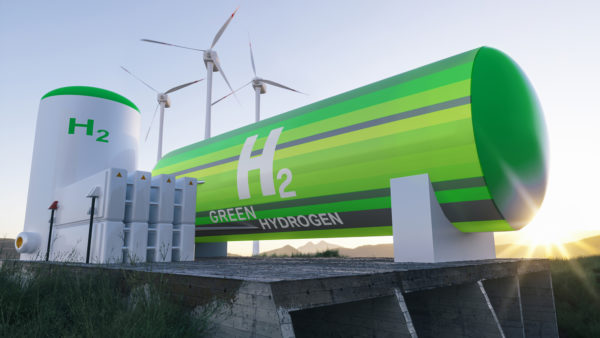Germany’s state-owned development bank KfW has approved a €24bn loan to support the construction of the country’s core hydrogen network.
This will involve converting gas pipelines to carry hydrogen, creating a 9,040km-long system by 2032.
The aim is to link hydrogen production sites with industrial centres and the wider European network.
The €24bn will be paid into an amortisation account and made available to the private companies that build and operate the network.
This will help them get on with the work despite the low returns they can expect in the first years of the project.
Germany’s Federal Network Agency, which will oversee the asset, will set a ceiling for network fees to create an incentive for customers to switch to hydrogen.
A ‘pioneering project’
Stefan Wintels, chief executive of KfW, said the construction of the network was a “pioneering project” and crucial for the future of hydrogen.
He added: “A successful transition to hydrogen is particularly critical for energy-intensive industries. The amortisation account will play a key role here: the funds provided by KfW via the account will make a significant contribution to a viable financing concept for the hydrogen core network.”
The authorities hope the move will kickstart the sector, which has appeared to be stalling. In September, the plan to move to a hydrogen economy received a blow when Norwegian energy company Equinor scrapped plans to export hydrogen to Germany over fears of high costs and low demand (see further reading).
• Subscribe here to get stories about construction around the world in your inbox three times a week
Further reading
The post Germany approves €24bn fund to kickstart hydrogen economy appeared first on Global Construction Review.


